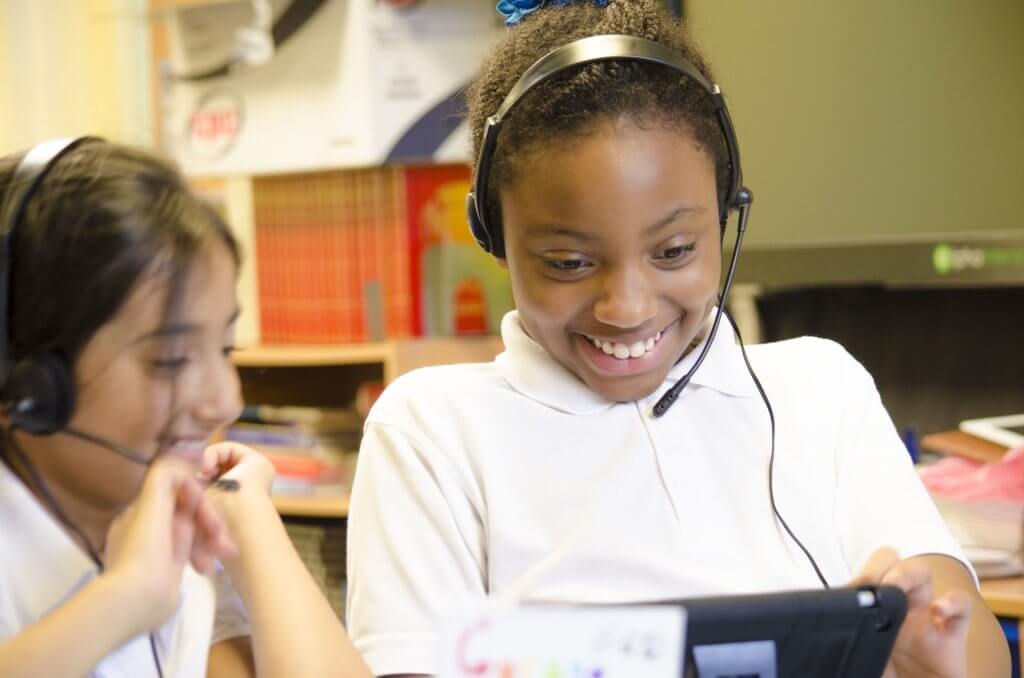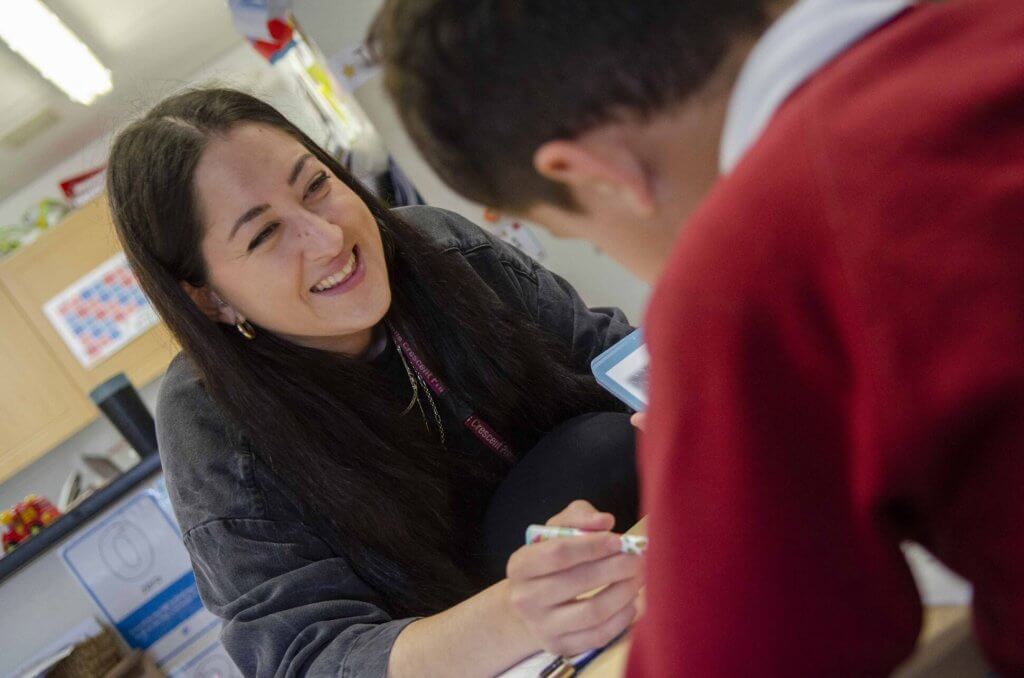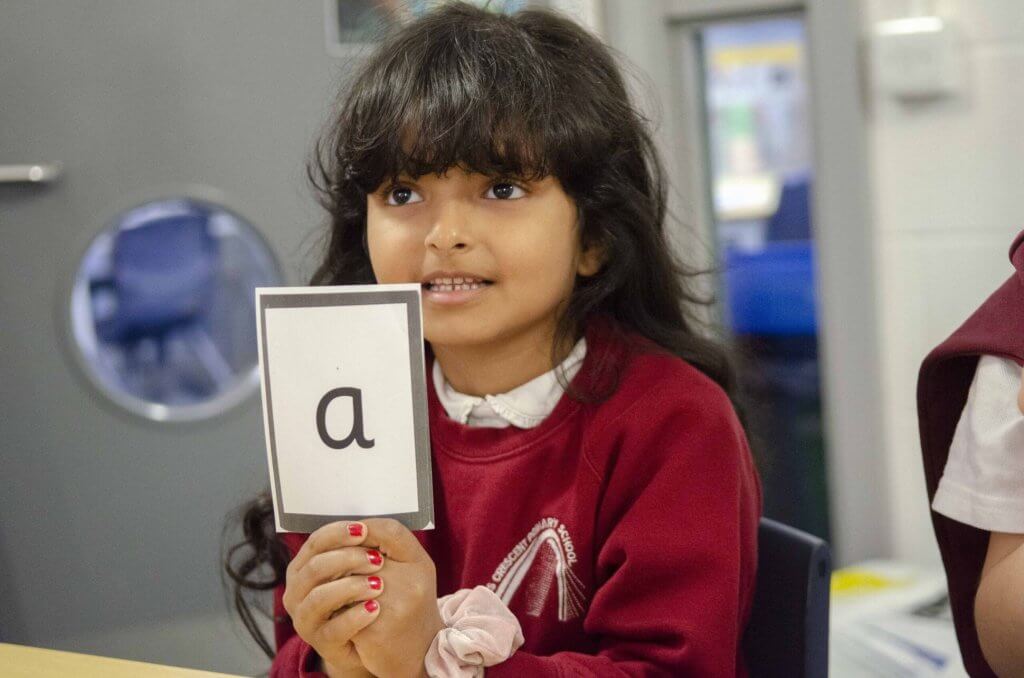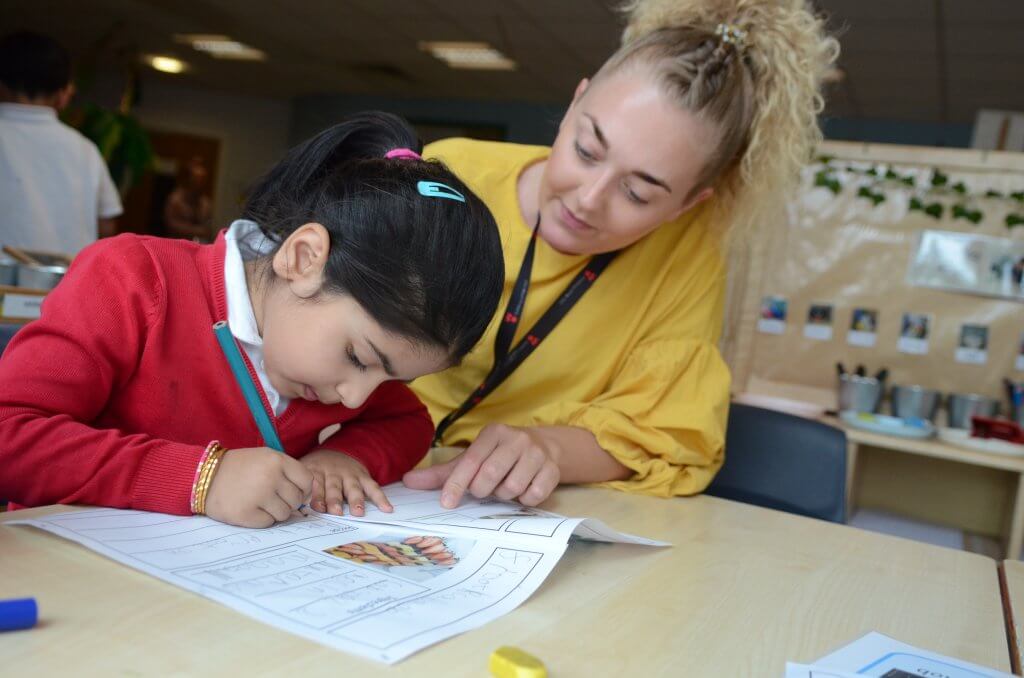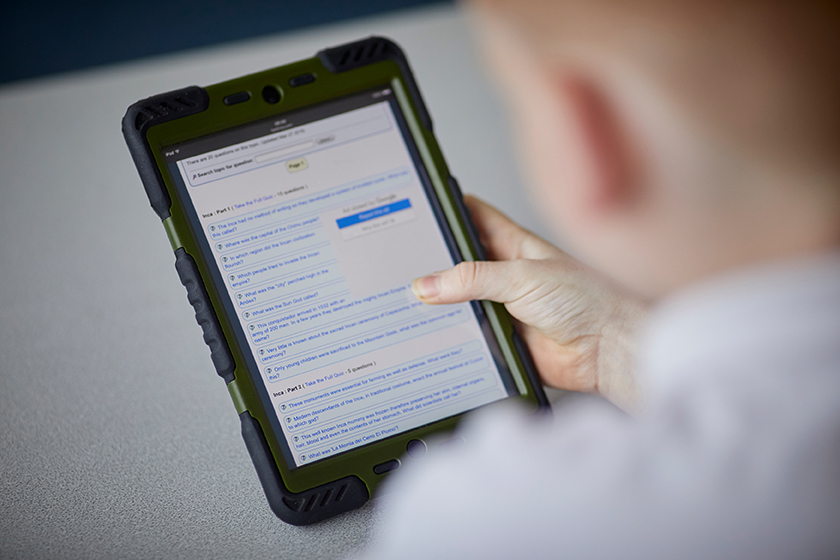A blog written by Jamie Edmondson
THE INCREASING DIGITAL WORLD AND THE IMPORTANCE OF COMPUTING IN SCHOOLS
What do we do when our pupils tell us that they want to be a YouTuber when they’re older?
Working at a primary school in Derbyshire last year, I was fortunate to observe a presentation by You Tuber, Tom Cassel, who had been invited by the Deputy Headteacher to deliver a talk to Year 6 pupils. I was amazed, listening to his story about how he has achieved global stardom at just 24 years of age!
The pupils hung off every word he said and it comes as no surprise to me that 75% of children now aspire to be a You Tube sensation just like him. The older generation may scoff at this, however, today’s generation have their own set of role models; one’s which most adults probably haven’t even heard of.
So what do we do when a pupil tells you that they want to be a You Tuber when they’re older?
I start by asking them to think about what attributes and skills they will need to help them to achieve this dream. I tell them that it’s not just about uploading any old video and expecting to get a million subscribers overnight! I tell them that to be successful in the future, they will need to be able to demonstrate a range of skills, such as being able to communicate clearly, solve problems, think logically and work well with others.
The good news is that many of these skills are ones that we can develop in a variety of ways, and through all areas of the curriculum, without necessarily requiring any great level of technical expertise, subject knowledge or access to specific technology.
The importance of a strong Computing curriculum
Up to 85% of jobs that will exist in 2030 haven’t even been invented yet, so how exactly do we prepare this and the next generation for their future possibilities? As one of the Computing at Schools Network of Excellence Master Teachers, I have delivered a range of training on different aspects of the Computing curriculum, working with teachers to develop their confidence and conceptual understanding.
One thing I often hear from teachers is that they “don’t do technology” or “they are not a coder”.
I tell them that they don’t have to be technically proficient to still get good outcomes with their pupils. You may not be able to code but I counter this by asking “Are you a mathematician?” “Are you a theologist?”. It frustrates me to think that other teachers might not even attempt to deliver the subject through a fear of failure or a lack of confidence.
The most unfamiliar part of the Computing curriculum (the core Computer Science aspect) is the one that often fills teachers with the most dread. However, similar to developing pupils key ‘soft’ skills, these key computing skills can also be taught, even without a 1st class degree in Computer Science!
In supporting teachers with delivering the Computing curriculum, I emphasise the importance of developing pupils computational thinking skills first, as opposed to the end product of actual coding. In many cases, these key concepts can be explored without using any technology at all, through the use of ‘unplugged’ activities, such as the ones developed by Barefoot Computing.
Of course, real depth of learning can only happen once teachers have developed a real mastery of their subject and this relies on a commitment to invest in the time and training that is needed to really understand the subject to its full potential. In this day and age, there is also a wealth of accessible resources available online through outlets such as Twitter and Facebook groups such as the Computing Coordinators group.
If delivered effectively, Computing also teaches pupils how to be resilient. Within my role as specialist Computing teacher, at Our Lady’s RC Primary School in Manchester, I have been inspired by the likes of Phil Bagge who has written a lot about the effective teaching of Computing to combat what he refers to as ‘learnt helplessness’. Simple strategies, such as ‘The 5B’s’, have helped me to improve my own practice and helped foster a growth mindset culture within the pupils I teach.
A well-rounded Computing curriculum is vitally important for the UK’s future workforce (recent research figures suggest that if G20 countries fail to adapt to meet the needs of the new technological era, they could be in line to miss out on as much as $1.5 trillion in GDP growth over the next 10 years).
In the future, pupils will need strong technical skills, such as the knowledge to code and the ability to create interesting and relevant content. The recent announcement of £84 million of government funding through the new National Computing Centre and the 40 school based hubs, which will eventually become an integral part of it, emphasises the governments acknowledgement of this.
So how exactly do we develop teacher’s confidence in using technology in order to promote key digital skills within our pupils?
I currently support a range of schools to effectively use technology to improve outcomes. Each school I work with is completely different. Some have invested heavily in technology, whereas some have little to no technology available at all. The technology in itself however, is an irrelevance. In the hands of confident and skilled users, technology can have a massive impact on teaching and learning but without a strong underlying pedagogy, it can easily become an ineffective and expensive tool.
One piece of useful advice that I can give when it comes to Computing and the use of technology in general is to favour depth over breadth. It is far more effective to focus on one or two pieces of software or apps that teachers can build their confidence with, rather than overloading them with too much to do and as a consequence not delivering lessons with any real quality.
In supporting Computing subject leaders with curriculum planning, I show them tried-and-tested resources, such as Scratch, and suggest ways in which they can progressively cover the objectives from the Computing programme of study. Similarly, in helping schools with utilising iPads within their curriculum, I show them only a handful of tried and tested apps that can be used to enhance all areas of the curriculum and which can be used effectively across all age groups.
In delivering the Computing curriculum, it is also important to remember that it isn’t all about Computer Science. In teaching the IT strand, pupils should also be given opportunities to apply the skills that they have been taught. This should give them opportunities to create things like their own websites, games and a range of multimedia.
iPads are a great tool for enabling you to do this easily and can be done, not just in Computing but in various areas of the curriculum. Setting up Google accounts for your pupils and utilising the Gsuite set of tools is another really simple way to foster creativity and also enables pupils to collaborate with others on projects, which is another important 21st century skill in itself.
The Digital Literacy strands of the curriculum is also vitally important too and pupils should be taught how to be be safe and responsible users of technology.
There are some really good free resources out there that can be used to help cover this aspect of the curriculum, such as the Be Internet Legends scheme. I also find real value in giving pupils the means to apply their online safety learning practically. By having online Scratch accounts for example, enables pupils to apply their knowledge by being part of an online community.
Another highly effective resource that can also help massively with developing teachers confidence is the pupils themselves. Having them take on the role of ‘Digital Leaders’, to then support class teachers to develop their knowledge, skills and understanding can have a massive impact.
Digital Leaders can be utilised in a variety of ways to best meet the needs of your school. They could even help with running your after school code club, or perhaps deliver online safety sessions to parents.
As I sit here writing this, I do so at the amazing UKFast complex in central Manchester, having just finished working with five local schools that are taking part in my Digital Leader training programme ‘North West Digital Leader School’. I observe the next generation of digital superstars within the tech industry that are in this building, and as I do so, I see even more clearly now why it’s so important that we do all we can to develop the next stars of the future and the next generation of entrepreneurs, business brains and industry leaders.
ABOUT THE AUTHOR Jamie has over fifteen years primary and secondary teaching experience, currently in the role of specialist teacher of Computing and Computing subject leader at a Primary school in Manchester, where he teachers Computing from Nursery through to Year 6. Through his consultancy business, he also shares his wealth of knowledge and experience to help others with successfully improving their Computing provision and use of education technology across the curriculum.
Please get in touch or visit this page for more information.


